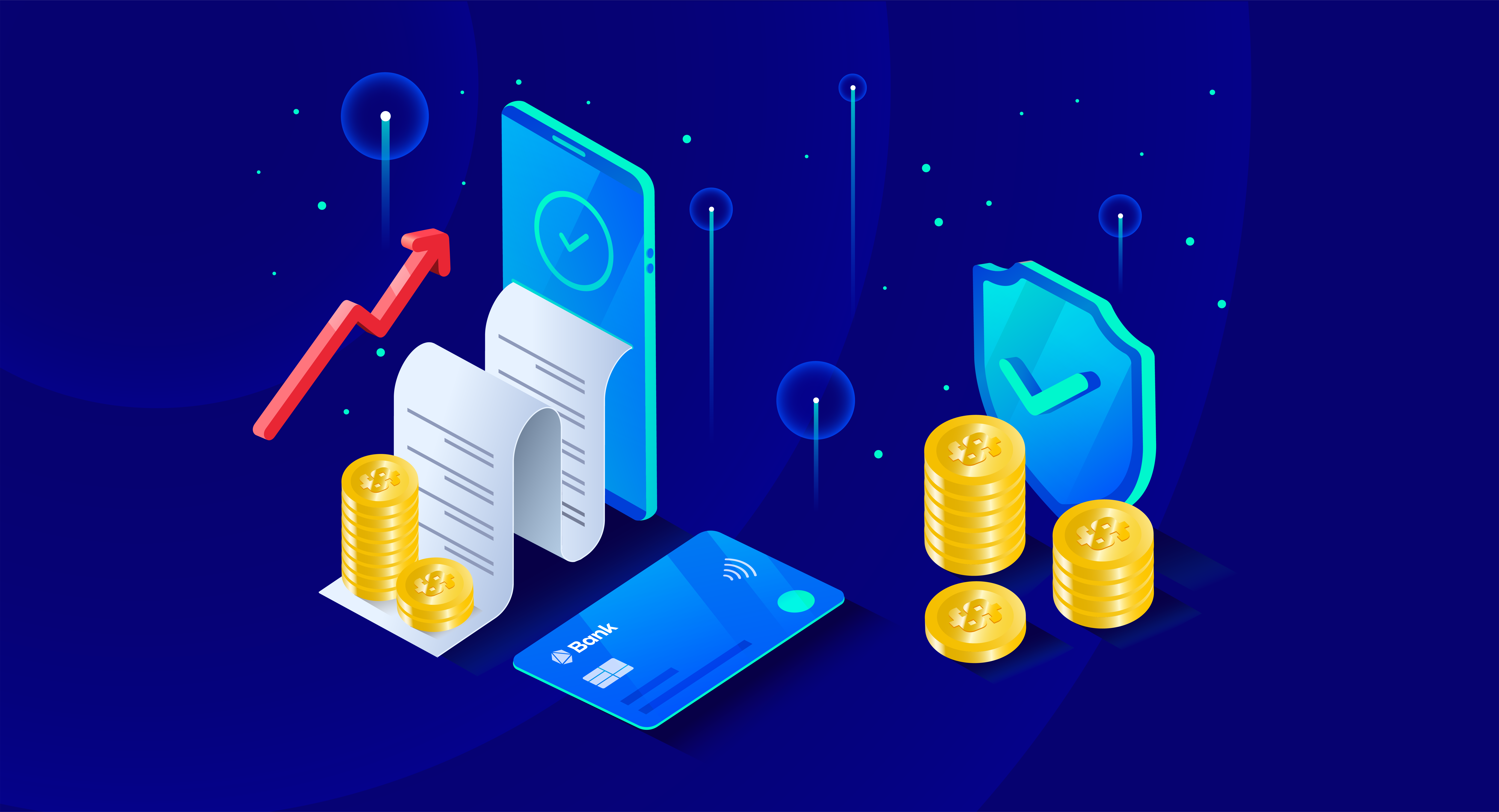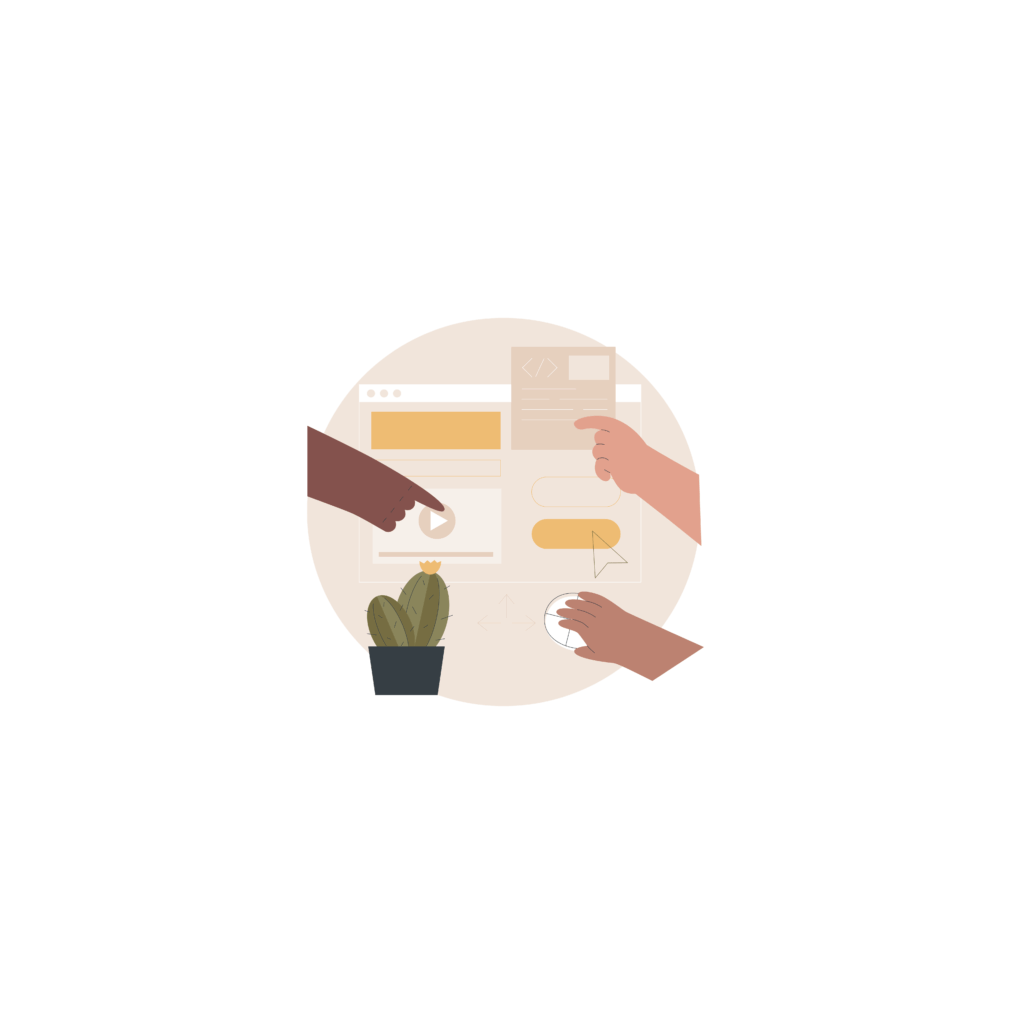Introduction
In today’s fast-changing digital world, digital wallets have changed from simple tools to essential ones for money transactions. These new payment methods have changed how we handle and use our money. They offer great ease and access in a world that is more connected than ever. Digital wallets started as basic online payment platforms. Now, they play an important role in our everyday lives.
Tracing the Evolution of Digital Wallets
The rise of digital wallets started from the need for safe and easy ways to pay online. As technology grew better, digital wallets improved too. They now offer more than just quick payments; they provide many financial services. With mobile technology and near-field communication (NFC) becoming common, mobile payments have become a big part of shopping today, especially at the point of sale.
The inception of digital wallets: A historical perspective
The idea of a digital wallet began in the late 1990s. It started because people needed a safe way to make online payments. Early examples, like PayPal, helped users connect their bank accounts or credit cards to a digital platform. This made it easy to send and receive money online. However, not many people used it at first. This was mainly because of worries about security and there weren’t many people with internet access. The boom in mobile phones in the early 2000s, especially smartphones, helped grow the use of mobile wallets.
The first major breakthroughs and their impact
The growth of near-field communication (NFC) technology changed how we use digital wallets. NFC allows devices to connect without touching when they are close together, facilitating transactions with quick response codes. Google Wallet started in 2011 and was one of the first mobile wallets to use NFC. It let users pay just by tapping their phones on payment terminals. This made transactions much faster and easier, helping more people use digital payments. Also, with big mobile systems like Apple Pay for iOS and Google Pay for Android adding mobile wallets, their use grew even more.
Check out an article on Mobile Payments: The Future of Transactions.
Digital wallets today: A blend of necessity and convenience
Today, digital wallets are known for smooth and safe transactions. Users can keep many debit card and credit card details in their digital wallets. This means they no longer need to carry physical cards. Contactless payments are now common in many areas, and mobile wallets are key to this change. Also, mobile payments offer more than just payments; they include services like loyalty cards, loyalty programs, gift cards, and even digital IDs.

The future forecasts: Innovations on the horizon
The future of digital wallets is full of exciting options as technology keeps improving. Here are some main trends that are shaping this future:
- More use of cryptocurrency: Digital wallets will help make cryptocurrency transactions easier. Users will find it simple to keep, manage, and spend their digital money.
- Better security through tokenization: Tokenization will change sensitive payment information into special tokens. This will make digital transactions safer.
- Links with smart devices: Digital payments will connect with more smart devices. This includes wearables, smart home gadgets, and connected cars.
Understanding Digital Wallets in Nepal
The use of mobile wallets in Nepal has grown a lot, changing how people manage money. More people now have smartphones, which helps. Also, the government supports this trend, and there is a higher demand for easy financial services. Mobile wallets help people and businesses, especially in remote areas. They offer a safe and easy way to handle financial transactions.
The beginning of digital wallet services in Nepal
The digital wallet scene in Nepal began to grow around 2009, coinciding with the introduction of Bitcoin, which introduced the concept of decentralized digital payments. Some early companies started to focus on mobile payments. They aimed at specific markets like remittance payments and mobile top-ups. As the fintech world developed, digital payments became better and covered a wider area. The launch of smartphone-based wallets with easy-to-use designs and more features was a big change.
Here’s an article on Fintech for the Unbanked: Empowering Financial Inclusion, check it out.
C
Key players in Nepal’s digital wallet landscape
Currently, Nepal boasts a vibrant digital wallet market with several key players competing to provide innovative financial solutions:
| Digital Wallet | Features |
| Khalti | Mobile payments, bill payments, online shopping, QR code scanning |
| eSewa | Remittance, utility bills, ticket booking, online payments |
| FonePay | QR-based payments, utility payments, online shopping, mobile top-up |
| IME Pay | Remittance, bill payments, online shopping, mobile recharge, QR payments |
These wallets offer a wide range of services, including utility bill payments, mobile recharge, online shopping, and peer-to-peer (P2P) transfers.
How digital wallets transformed Nepal’s financial ecosystem
The rise of digital wallets in Nepal has made a big difference in the country’s financial system. Many people who did not have bank accounts can now use formal financial services. This change helps them join the digital economy. The popular use of Quick Response (QR) codes has also sped up the move to cashless transactions. This makes it simpler for both customers and businesses to use digital payments.
Current challenges and opportunities for digital wallets in Nepal
Nepal’s digital wallet scene has come a long way, but it still has some challenges and chances for improvement. To keep growing, we need to focus on better security measures, a smoother user experience, and stronger mobile app features. It’s also important to teach people about the benefits and how to use digital wallets. For mobile wallets in Nepal to succeed in the future, we must tackle these issues well.
An article on Unlocking Opportunities: How Fintech Solutions Drive Financial Growth might be of interest to you.
Conclusion
Digital wallets have changed from being just convenient to a must-have tool. They are changing how people handle money everywhere, including in Nepal. With the launch of digital wallet services, many people now manage their money differently. Key brands are improving how users interact with these wallets. This is helping to include more people in the financial system and tackle problems in the country. Looking forward, we can expect new ideas for digital wallets that will offer even more ease and safety. Interested in creating your own digital wallet app? Reach out to us, and we’ll help you build the perfect solution for your business. Let’s make financial transactions simple and secure for your customers, together!
Frequently Asked Questions
It is hard to say which digital wallet is the most popular in Nepal because people use them differently. However, wallets like eSewa, Khalti, and FonePay are very common in the country. They have a lot of users on mobile devices. These wallets offer many different features in their apps.
Digital wallets in Nepal help more people use financial services. They reach those who do not have banks. With digital payments, anyone can save money, send money, and control their finances easily.
Digital wallets in Nepal use strong security measures to keep payment information safe. They have authentication protocols and encryption to protect your data. Features like two-factor authentication and biometric verification make transactions even more secure.
The future of digital wallets in Nepal is set to see some exciting changes. We can expect new features like using NFC payments. Mobile payment options are also going to grow. In addition, new technologies like blockchain may be used. These improvements will boost security and make things more efficient in the fintech sector.




[…] an article about AI-Driven Fintech Innovations: Redefining Financial Services, check it […]
[…] requires specialized knowledge in emerging technologies such as blockchain, AI-driven fraud detection, and regulatory compliance. IT team augmentation connects startups with experts who […]